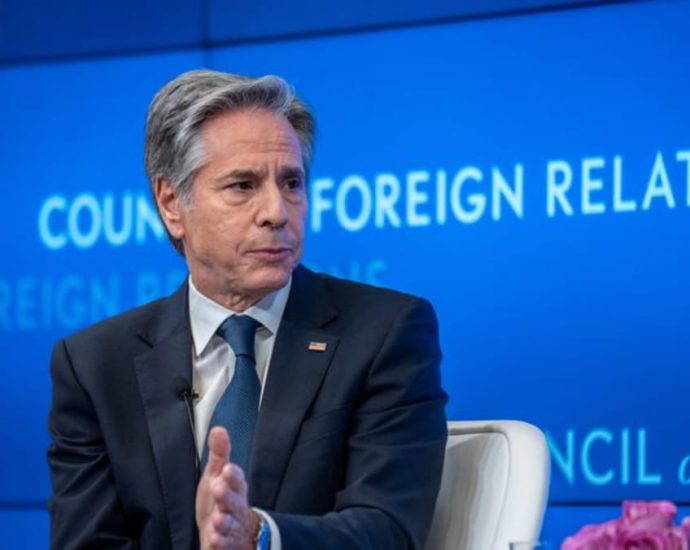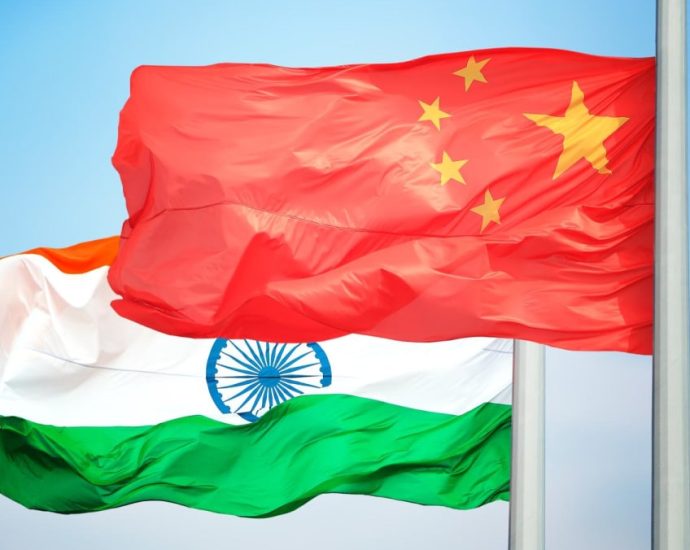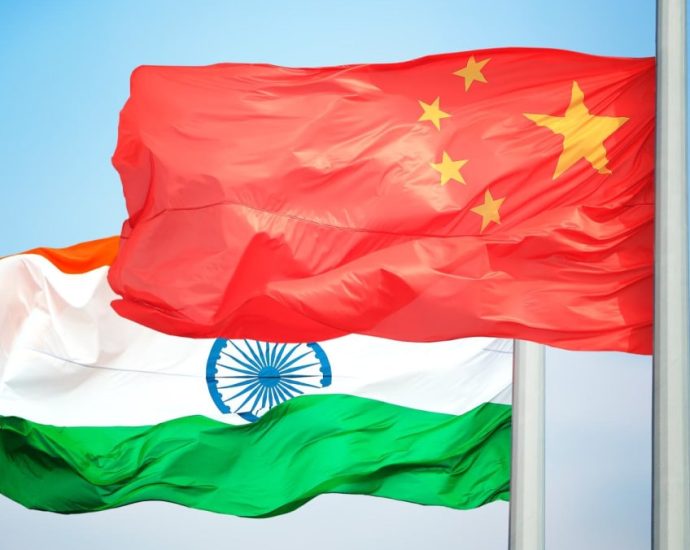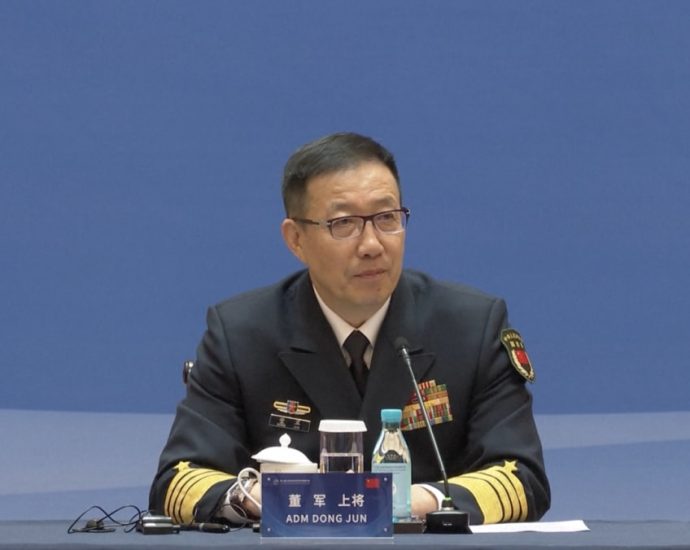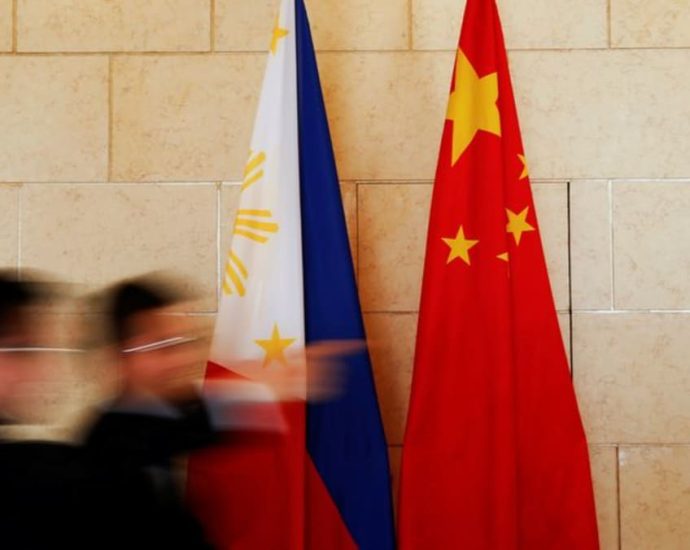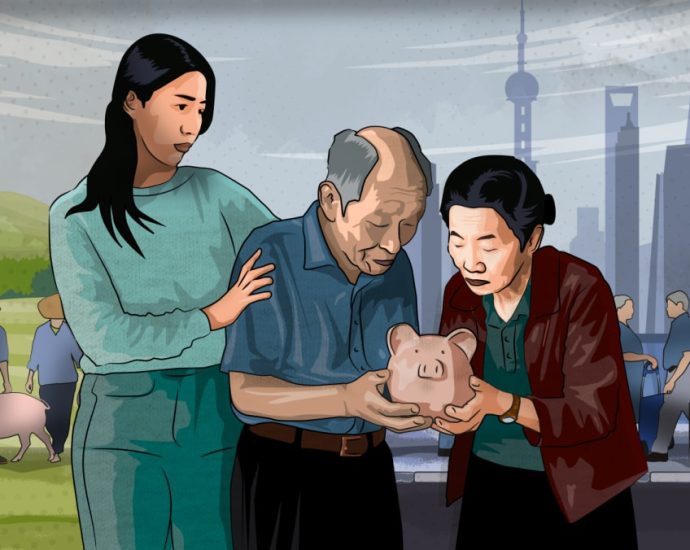Taiwan says China redoubling efforts to undermine island with disinformation
TAIPEI: Taiwan ‘s , government says China is redoubling efforts to undermine confidence in the self-governing island’s democracy and close ties with the United States through the spread of disinformation, especially online. According to the National Security Bureau, China distributed 2.16 million bits of fake or biased information last year, upContinue Reading


